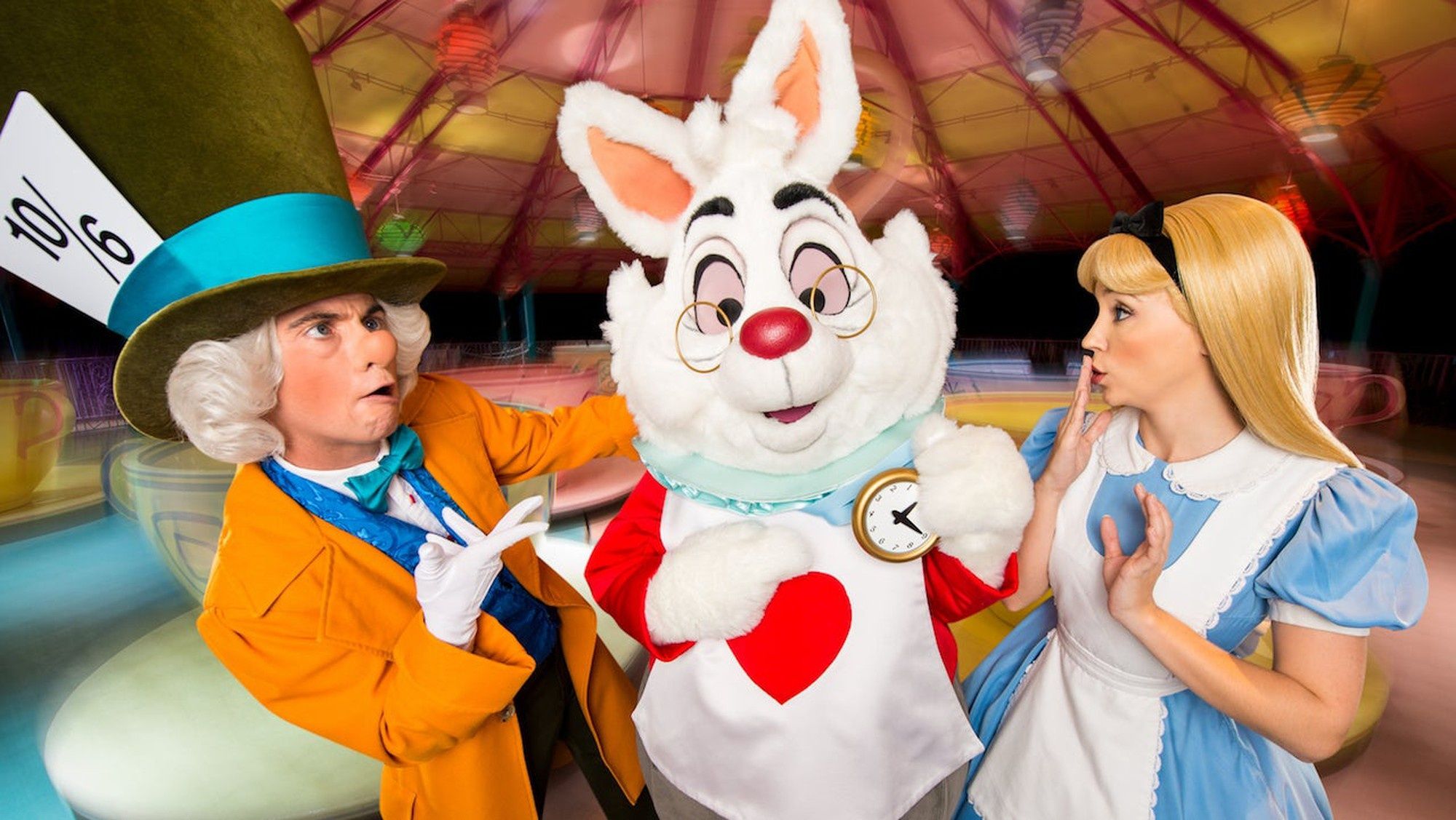Walt Disney (DIS +0.02%) is the premier global entertainment company, with unparalleled theme parks and an unmatched creative presence. It's been a blue chip stock for ages and is a component of the Dow Jones Industrial Average. But has it been a great stock to own over the past 20 years? Let's see.
Disney is a cultural phenomenon
Disney has created an incredible number of cultural icons over its 100-year history. It's typically responsible for a high number of highest-grossing films in any given year, and its 12 global theme parks attract a huge audience.
Despite its visibility and iconic status, Disney has been struggling since the pandemic started. Its problems have morphed several times over the past few years, and it's still not on steady ground.
That's an introduction as to why you might be surprised to see how much a $1,000 investment would be worth today if you'd invested 20 years ago.
DIS Total Return Level data by YCharts
Disney stock has underperformed the broader market over the past 20 years. But what you'll note from the chart is that this is a recent development. For most of the past 20 years, Disney stock outperformed the market.
It soared in the previous bull market, but since tanked and hasn't recovered. Sales growth has been mediocre, it hasn't produced any huge hits recently on the film side of things, and what's probably the main thing eating investors is that its streaming business isn't profitable. This is all leading to major investor disappointment.

NYSE: DIS
Key Data Points
A management shakeup is evidence of further instability, but in CEO Bob Iger's experienced hands, things are looking up. Management expects streaming to become profitable by the end of fiscal 2024, coming up in just a few months, and Disney is teaming with several partners to make the most of its ESPN assets. It also reinstated its dividend.
There's a lot going on at Disney, and if there's more progress, the stock could climb again. It's already up 12% this year, and $1,000 invested today could outperform the market over the next 20 years.






